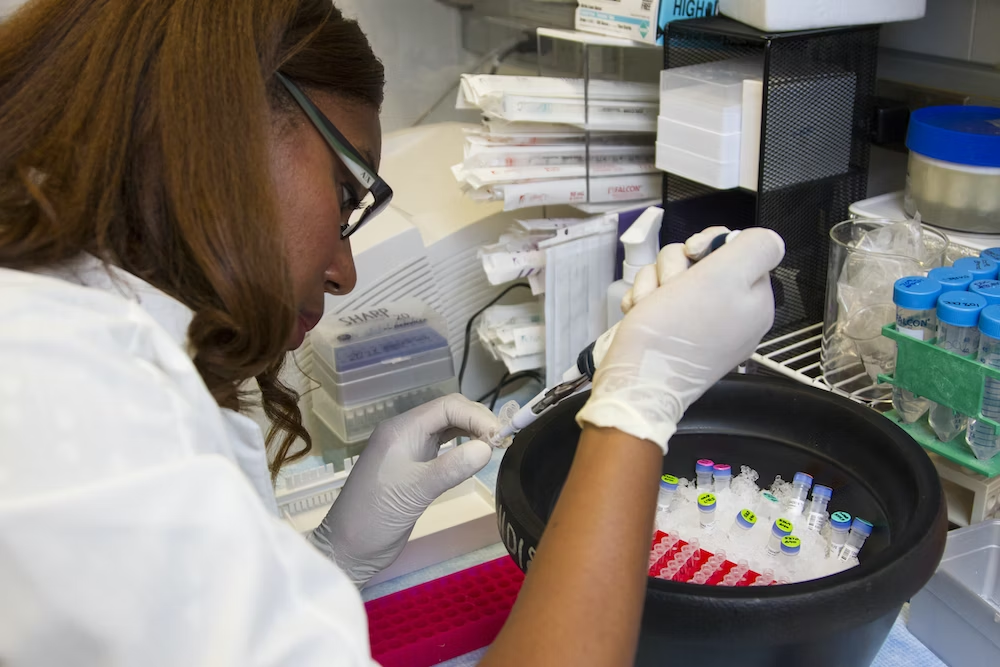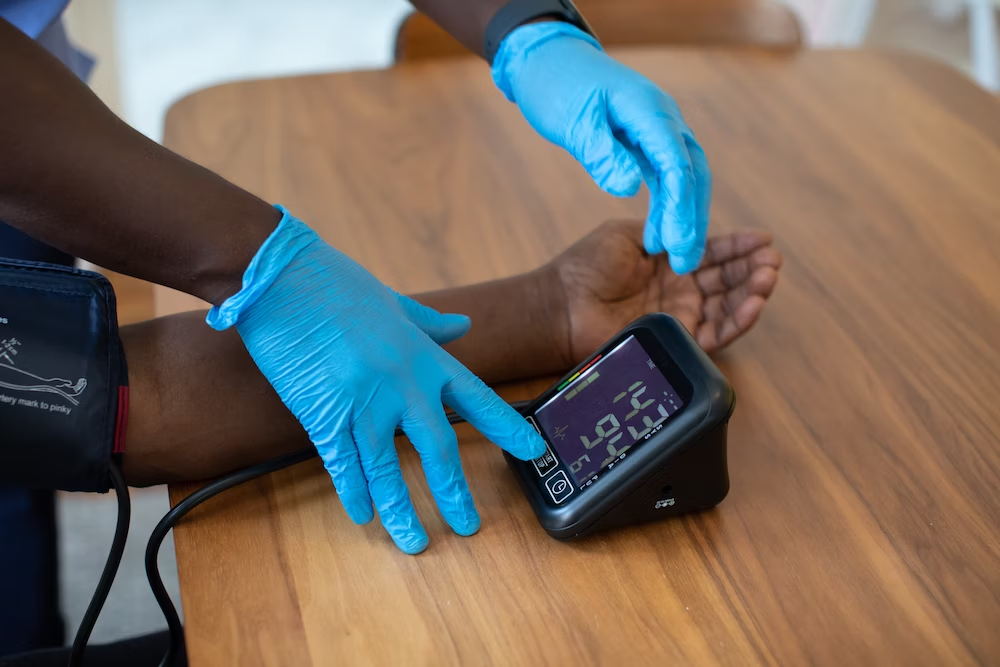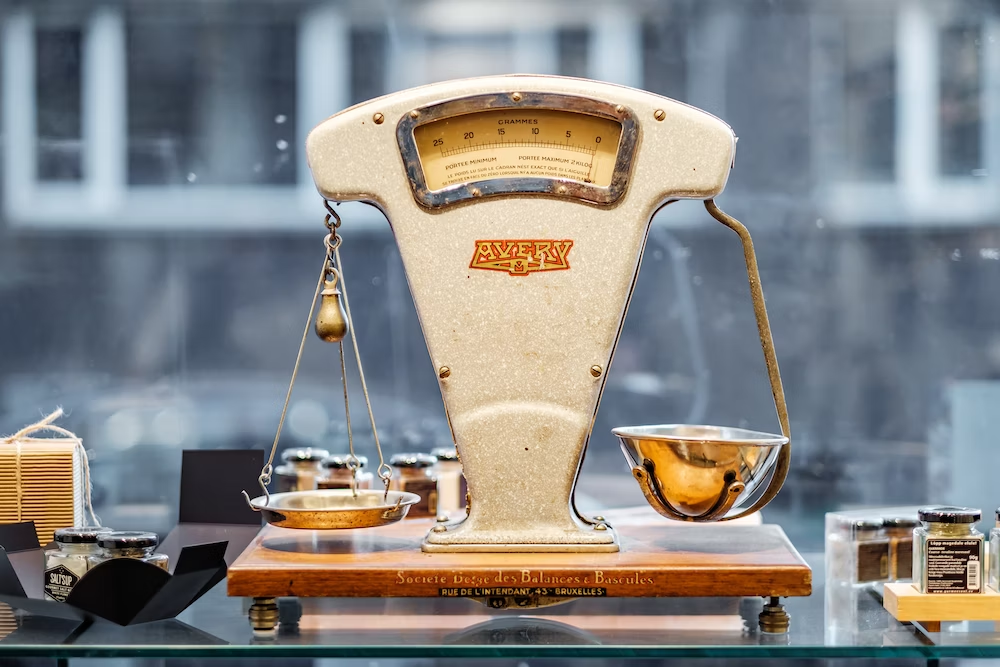How to Write a Hypothesis: A Step-by-Step Guide
- Introduction
- An overview of the research hypothesis
- Different types of hypotheses
- Variables in a hypothesis
- How to formulate an effective research hypothesis
- Designing a study around your hypothesis
Introduction
The scientific method can derive and test predictions as hypotheses. Empirical research can then provide support (or lack thereof) for the hypotheses. Even failure to find support for a hypothesis still represents a valuable contribution to scientific knowledge. Let's look more closely at the idea of the hypothesis and the role it plays in research.

An overview of the research hypothesis
As much as the term exists in everyday language, there is a detailed development that informs the word "hypothesis" when applied to research. A good research hypothesis is informed by prior research and guides research design and data analysis, so it is important to understand how a hypothesis is defined and understood by researchers.
What is the simple definition of a hypothesis?
A hypothesis is a testable prediction about an outcome between two or more variables. It functions as a navigational tool in the research process, directing what you aim to predict and how.
What is the hypothesis for in research?
In research, a hypothesis serves as the foundation for your empirical study. It not only lays out what you aim to investigate but also provides a structured approach for your data collection and analysis.
Essentially, it bridges the gap between the theoretical and the empirical, guiding your investigation throughout its course.

What is an example of a hypothesis?
If you are studying the relationship between physical exercise and mental health, a suitable hypothesis could be: "Regular physical exercise leads to improved mental well-being among adults."
This statement constitutes a specific and testable hypothesis that directly relates to the variables you are investigating.
What makes a good hypothesis?
A good hypothesis possesses several key characteristics. Firstly, it must be testable, allowing you to analyze data through empirical means, such as observation or experimentation, to assess if there is significant support for the hypothesis. Secondly, a hypothesis should be specific and unambiguous, giving a clear understanding of the expected relationship between variables. Lastly, it should be grounded in existing research or theoretical frameworks, ensuring its relevance and applicability.
Different types of hypotheses
Understanding the types of hypotheses can greatly enhance how you construct and work with hypotheses. While all hypotheses serve the essential function of guiding your study, there are varying purposes among the types of hypotheses. In addition, all hypotheses stand in contrast to the null hypothesis, or the assumption that there is no significant relationship between the variables.
Here, we explore various kinds of hypotheses to provide you with the tools needed to craft effective hypotheses for your specific research needs. Bear in mind that many of these hypothesis types may overlap with one another, and the specific type that is typically used will likely depend on the area of research and methodology you are following.
Null hypothesis
The null hypothesis is a statement that there is no effect or relationship between the variables being studied. In statistical terms, it serves as the default assumption that any observed differences are due to random chance.
For example, if you're studying the effect of a drug on blood pressure, the null hypothesis might state that the drug has no effect.
Alternative hypothesis
Contrary to the null hypothesis, the alternative hypothesis suggests that there is a significant relationship or effect between variables.
Using the drug example, the alternative hypothesis would posit that the drug does indeed affect blood pressure. This is what researchers aim to prove.

Simple hypothesis
A simple hypothesis makes a prediction about the relationship between two variables, and only two variables.
For example, "Increased study time results in better exam scores." Here, "study time" and "exam scores" are the only variables involved.
Complex hypothesis
A complex hypothesis, as the name suggests, involves more than two variables. For instance, "Increased study time and access to resources result in better exam scores." Here, "study time," "access to resources," and "exam scores" are all variables.
This hypothesis refers to multiple potential mediating variables. Other hypotheses could also include predictions about variables that moderate the relationship between the independent variable and dependent variable.
Directional hypothesis
A directional hypothesis specifies the direction of the expected relationship between variables. For example, "Eating more fruits and vegetables leads to a decrease in heart disease."
Here, the direction of heart disease is explicitly predicted to decrease, due to effects from eating more fruits and vegetables. All hypotheses typically specify the expected direction of the relationship between the independent and dependent variable, such that researchers can test if this prediction holds in their data analysis.

Statistical hypothesis
A statistical hypothesis is one that is testable through statistical methods, providing a numerical value that can be analyzed. This is commonly seen in quantitative research.
For example, "There is a statistically significant difference in test scores between students who study for one hour and those who study for two."
Empirical hypothesis
An empirical hypothesis is derived from observations and is tested through empirical methods, often through experimentation or survey data. Empirical hypotheses may also be assessed with statistical analyses.
For example, "Regular exercise is correlated with a lower incidence of depression," could be tested through surveys that measure exercise frequency and depression levels.
Causal hypothesis
A causal hypothesis proposes that one variable causes a change in another. This type of hypothesis is often tested through controlled experiments.
For example, "Smoking causes lung cancer," assumes a direct causal relationship.
Associative hypothesis
Unlike causal hypotheses, associative hypotheses suggest a relationship between variables but do not imply causation.
For instance, "People who smoke are more likely to get lung cancer," notes an association but doesn't claim that smoking causes lung cancer directly.
Relational hypothesis
A relational hypothesis explores the relationship between two or more variables but doesn't specify the nature of the relationship.
For example, "There is a relationship between diet and heart health," leaves the nature of the relationship (causal, associative, etc.) open to interpretation.
Logical hypothesis
A logical hypothesis is based on sound reasoning and logical principles. It's often used in theoretical research to explore abstract concepts, rather than being based on empirical data.
For example, "If all men are mortal and Socrates is a man, then Socrates is mortal," employs logical reasoning to make its point.
Variables in a hypothesis
In any research hypothesis, variables play a critical role. These are the elements or factors that the researcher manipulates, controls, or measures. Understanding variables is essential for crafting a clear, testable hypothesis and for the stages of research that follow, such as data collection and analysis.
There are generally two types of variables to consider: independent and dependent. Independent variables are what you, as the researcher, manipulate or change in your study. It's considered the cause in the relationship you're investigating. For instance, in a study examining the impact of sleep duration on academic performance, the independent variable would be the amount of sleep participants get.
Conversely, the dependent variable is the outcome you measure to gauge the effect of your manipulation. It's the effect in the cause-and-effect relationship. The dependent variable thus refers to the main outcome of interest in your study. In the same sleep study example, the academic performance, perhaps measured by exam scores or GPA, would be the dependent variable.
Beyond these two primary types, you might also encounter control variables. These are variables that could potentially influence the outcome and are therefore kept constant to isolate the relationship between the independent and dependent variables. For example, in the sleep and academic performance study, control variables could include age, diet, or even the subject of study.
By clearly identifying and understanding the roles of these variables in your hypothesis, you set the stage for a methodologically sound research project. It helps you develop focused research questions, design appropriate experiments or observations, and carry out meaningful data analysis. It's a step that lays the groundwork for the success of your entire study.

How to formulate an effective research hypothesis
Crafting a strong, testable hypothesis is important for the success of any research project. It sets the stage for everything from your study design to data collection and analysis. Below are some key considerations to keep in mind when formulating your hypothesis:
- Be specific: A vague hypothesis can lead to ambiguous results and interpretations. Clearly define your variables and the expected relationship between them.
- Ensure testability: A good hypothesis should be testable through empirical means, whether by observation, experimentation, or other forms of data analysis.
- Ground in literature: Before creating your hypothesis, consult existing research and theories. This not only helps you identify gaps in current knowledge but also gives you valuable context and credibility for crafting your hypothesis.
- Use simple language: While your hypothesis should be conceptually sound, it doesn't have to be complicated. Aim for clarity and simplicity in your wording.
- State direction, if applicable: If your hypothesis involves a directional outcome (e.g., "increase" or "decrease"), make sure to specify this. You also need to think about how you will measure whether or not the outcome moved in the direction you predicted.
- Keep it focused: One of the common pitfalls in hypothesis formulation is trying to answer too many questions at once. Keep your hypothesis focused on a specific issue or relationship.
- Account for control variables: Identify any variables that could potentially impact the outcome and consider how you will control for them in your study.
- Be ethical: Make sure your hypothesis and the methods for testing it comply with ethical standards, particularly if your research involves human or animal subjects.

Designing a study around your hypothesis
Designing your study involves multiple key phases that help ensure the rigor and validity of your research. Here we discuss these components in more detail.
Literature review
Starting with a comprehensive literature review is essential. This step allows you to understand the existing body of knowledge related to your hypothesis and helps you identify gaps that your research could fill. Your research should aim to contribute some novel understanding to existing literature, and your hypotheses can reflect this. A literature review also provides valuable insights into how similar research projects were executed, thereby helping you fine-tune your own approach.

Research methods
Choosing the right research methods is critical. Whether it's a survey, an experiment, or observational study, the methodology should be the most appropriate for testing your hypothesis. Your choice of methods will also depend on whether your research is quantitative, qualitative, or mixed-methods. Make sure the chosen methods align well with the variables you are studying and the type of data you need.
Preliminary research
Before diving into a full-scale study, it’s often beneficial to conduct preliminary research or a pilot study. This allows you to test your research methods on a smaller scale, refine your tools, and identify any potential issues. For instance, a pilot survey can help you determine if your questions are clear and if the survey effectively captures the data you need. This step can save you both time and resources in the long run.
Data analysis
Finally, planning your data analysis in advance ensures a successful study. Decide which statistical or analytical tools are most suited for your data type and research questions. For quantitative research, you might opt for t-tests, ANOVA, or regression analyses. For qualitative research, thematic analysis or grounded theory may be more appropriate. This phase is integral for interpreting your results and drawing meaningful conclusions in relation to your research question.





